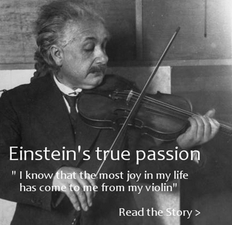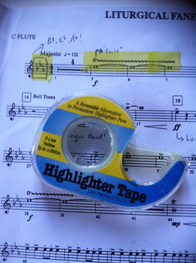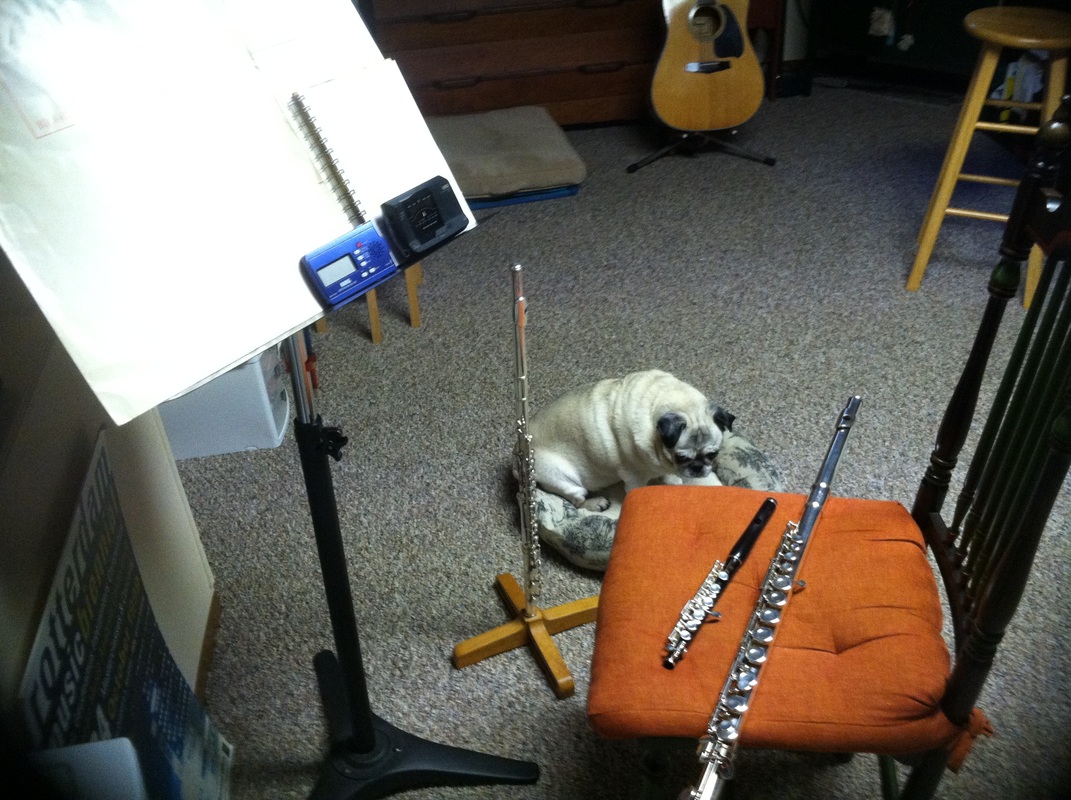Herbie Hancock And Wayne Shorter Share Open Letter To The Next Generation Of Artists
admin | Tuesday, March 8th, 2016
With the recent formation of Mega Nova, the Santana-led supergroup provided an opportunity for Wayne Shorter and Herbie Hancock to work together again. The two have been musicians for decades, and friends for a majority of their lengthy, prolific careers. Starting with roles in Miles Davis’ Second Great Quintet, the two are true innovators.
All of that in mind, Nest HQ decided to ask the two to share their thoughts about what it means to be an artist, and how artists should create in an ever-conflicted world. Read their open letter below:
To the Next Generation of Artists,
We find ourselves in turbulent and unpredictable times.
From the horror at the Bataclan, to the upheaval in Syria and the senseless bloodshed in San Bernardino, we live in a time of great confusion and pain. As an artist, creator and dreamer of this world, we ask you not to be discouraged by what you see but to use your own lives, and by extension your art, as vehicles for the construction of peace.
While it’s true that the issues facing the world are complex, the answer to peace is simple; it begins with you. You don’t have to be living in a third world country or working for an NGO to make a difference. Each of us has a unique mission. We are all pieces in a giant, fluid puzzle, where the smallest of actions by one puzzle piece profoundly affects each of the others. You matter, your actions matter, your art matters.
We’d like to be clear that while this letter is written with an artistic audience in mind, these thoughts transcend professional boundaries and apply to all people, regardless of profession.
FIRST, AWAKEN TO YOUR HUMANITY
We are not alone. We do not exist alone and we cannot create alone. What this world needs is a humanistic awakening of the desire to raise one’s life condition to a place where our actions are rooted in altruism and compassion. You cannot hide behind a profession or instrument; you have to be human. Focus your energy on becoming the best human you can be. Focus on developing empathy and compassion. Through the process you’ll tap into a wealth of inspiration rooted in the complexity and curiosity of what it means to simply exist on this planet. Music is but a drop in the ocean of life.
EMBRACE AND CONQUER THE ROAD LESS TRAVELED
The world needs new pathways. Don’t allow yourself to be hijacked by common rhetoric, or false beliefs and illusions about how life should be lived. It’s up to you to be the pioneers. Whether through the exploration of new sounds, rhythms, and harmonies or unexpected collaborations, processes and experiences, we encourage you to dispel repetition in all of its negative forms and consequences. Strive to create new actions both musically and with the pathway of your life. Never conform.
WELCOME THE UNKNOWN
The unknown necessitates a moment-to-moment improvisation or creative process that is unparalleled in potential and fulfillment. There is no dress rehearsal for life because life, itself, is the real rehearsal. Every relationship, obstacle, interaction, etc. is a rehearsal for the next adventure in life. Everything is connected. Everything builds. Nothing is ever wasted. This type of thinking requires courage. Be courageous and do not lose your sense of exhilaration and reverence for this wonderful world around you.
UNDERSTAND THE TRUE NATURE OF OBSTACLES
We have this idea of failure, but it’s not real; it’s an illusion. There is no such thing as failure. What you perceive as failure is really a new opportunity, a new hand of cards, or a new canvas to create upon. In life there are unlimited opportunities. The words, “success” and “failure”, themselves, are nothing more than labels. Every moment is an opportunity. You, as a human being, have no limits; therefore infinite possibilities exist in any circumstance.
DON’T BE AFRAID TO INTERACT WITH THOSE WHO ARE DIFFERENT FROM YOU
The world needs more one-on-one interaction among people of diverse origins with a greater emphasis on art, culture and education. Our differences are what we have in common. We can work to create an open and continuous plane where all types of people can exchange ideas, resources, thoughtfulness and kindness. We need to be connecting with one another, learning about one another, and experiencing life with one another. We can never have peace if we cannot understand the pain in each other’s hearts. The more we interact, the more we will come to realize that our humanity transcends all differences.
STRIVE TO CREATE AGENDA-FREE DIALOGUE
Art in any form is a medium for dialogue, which is a powerful tool. It is time for the music world to produce sound stories that ignite dialogue about the mystery of us. When we say the mystery of us, we’re talking about reflecting and challenging the fears, which prevent us from discovering our unlimited access to the courage inherent in us all. Yes, you are enough. Yes, you matter. Yes, you should keep going.
BE WARY OF EGO
Arrogance can develop within artists, either from artists who believe that their status makes them more important, or those whose association with a creative field entitles them to some sort of superiority. Beware of ego; creativity cannot flow when only the ego is served.
WORK TOWARDS A BUSINESS WITHOUT BORDERS
The medical field has an organization called Doctors Without Borders. This lofty effort can serve as a model for transcending the limitations and strategies of old business formulas which are designed to perpetuate old systems in the guise of new ones. We’re speaking directly to a system that’s in place, a system that conditions consumers to purchase only the products that are dictated to be deemed marketable, a system where money is only the means to an end. The music business is a fraction of the business of life. Living with creative integrity can bring forth benefits never imagined.
APPRECIATE THE GENERATION THAT WALKED BEFORE YOU
Your elders can help you. They are a source of wealth in the form of wisdom. They have weathered storms and endured the same heartbreaks; let their struggles be the light that shines the way in the darkness. Don’t waste time repeating their mistakes. Instead, take what they’ve done and catapult you towards building a progressively better world for the progeny to come.
LASTLY, WE HOPE THAT YOU LIVE IN A STATE OF CONSTANT WONDER
As we accumulate years, parts of our imagination tend to dull. Whether from sadness, prolonged struggle, or social conditioning, somewhere along the way people forget how to tap into the inherent magic that exists within our minds. Don’t let that part of your imagination fade away. Look up at the stars and imagine what it would be like to be an astronaut or a pilot. Imagine exploring the pyramids or Machu Picchu. Imagine flying like a bird or crashing through a wall like Superman. Imagine running with dinosaurs or swimming like mer-creatures. All that exists is a product of someone’s imagination; treasure and nurture yours and you’ll always find yourself on the precipice of discovery.
How does any of this lend to the creation of a peaceful society you ask? It begins with a cause. Your causes create the effects that shape your future and the future of all those around you. Be the leaders in the movie of your life. You are the director, producer, and actor. Be bold and tirelessly compassionate as you dance through the voyage that is this lifetime.
If you enjoyed this, check out their interview in National Geographic!
https://www.nationalgeographic.com/magazine/2017/03/star-talk-herbie-hancock-wayne-shorter/



 RSS Feed
RSS Feed